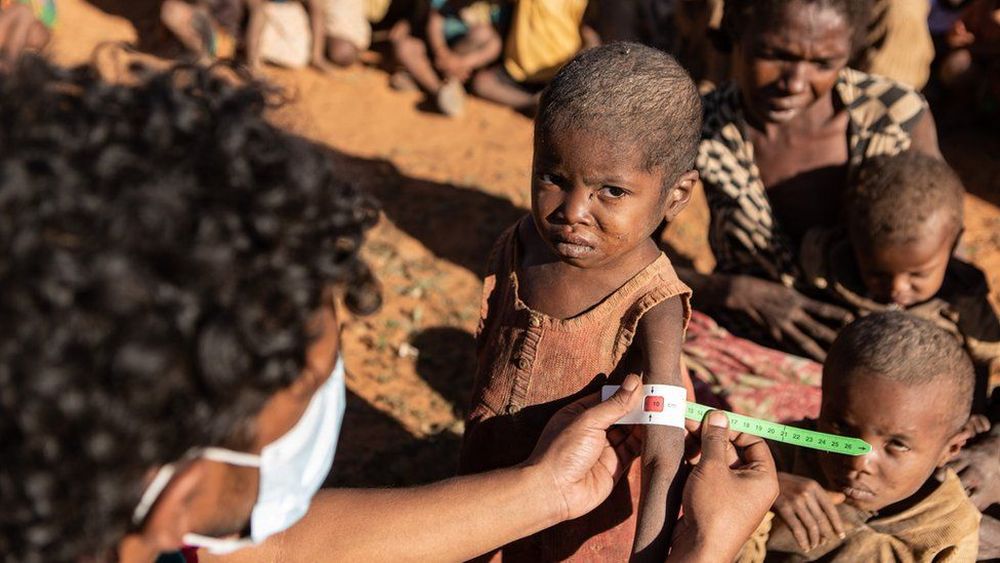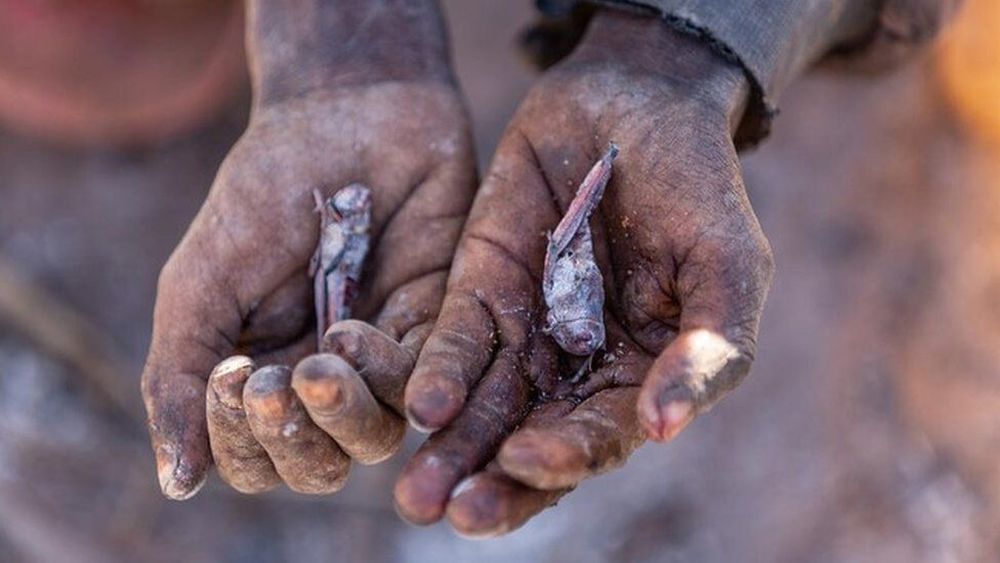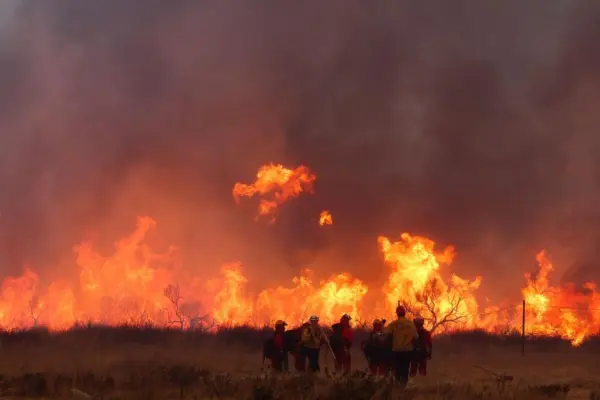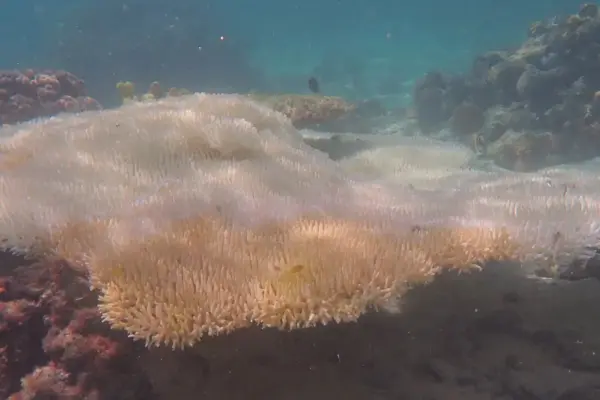Africa’s Madagascar on the Verge of Climate Change-Induced Famine
Madagascar, also earlier known as the Malagasy Republic is an island country in the Indian Ocean. According to the United Nations, the island country is facing a severe shortage of food owing to four consecutive rainless years. The country is already witnessing the harsh realities of the climate crisis, which are only expected to increase in the near future.
The draught events happening in Madagascar are directly connected to climate change, which is greatly affecting thousands of people especially the farmers. Several previous studies have indicated that the country will be facing severe food insecurity and extreme weather conditions amid rapidly changing climatic patterns.

Image: WFP/ Tsiory Andriantsoarana
Apparently, most farming communities in the south of the country are hunting for insects to survive. As per an estimation by the UN, 30,000 people are currently experiencing the highest internationally recognized level of food insecurity. These changes are likely to increase the number of hungry and malnourished people in the country.
The UN World Food Programme‘s Shelley Thakral said;
This is unprecedented. These people have done nothing to contribute to climate change. They don’t burn fossil fuel and yet they are bearing the brunt of climate change.
The World Food Programme (WFP) had previously stated that people there have been feeding themselves with raw cactus fruits, wild leaves and locusts.
Also Read: Climate Change Impacting Global Biodiversity and Food Security
Madagascar often experiences frequent draughts and has been affected by changes in weather patterns caused by El Nino. But according to some experts, the ongoing situation will increase even further in the coming time.
On viewing atmospheric data at Santa Barbara University in California, the director of Climate Hazards Center, Chris Funk, confirmed the link with “warming in the atmosphere” and said that the Madagascan consultants need to work to improve their water management. He further adds;
We think there’s a lot that can be done in the short term. We can often forecast when there’s going to be above normal rains and farmers can use that information to increase their crop production. We’re not powerless in the face of climate change.
Children are suffering the most as these devastating drought conditions have led thousands of families to beg on the streets for food. If the climate crisis is not averted soon, this might be the case for most of the world before the century ends.

Image: WFP/ Tsiory Andriantsoarana
Via: BBC


